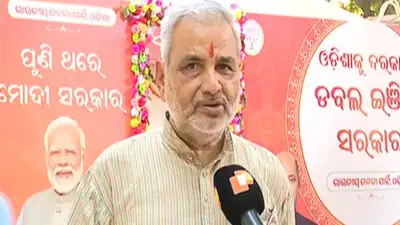Recommended Stories
"I am suggesting that if we can work out a mechanism through which we can do it, it will be good ... But if the political wisdom of the country as a whole, collectively, can decide that every one of us will have to have a hair-cut, perhaps, we can find out a solution. Partly, it will be passed on to the consumers, partly, it will be absorbed by the state governments and partly it will be absorbed by the Union Government. But please do not expect us that the Centre would be in a position to compensate it," Mukherjee said in his reply to the debate on Finance Bill in the Lok Sabha.
While petrol prices were freed from government control in 2010, it has to subsidise the oil marketing companies for selling diesel at prices lower than market determined rates. Currently, government provides a subsidy of Rs 14.50 per litre on diesel, Rs 31.88 per litre in the case of kerosene, and in the case of LPG it is Rs 412 per cylinder of 14 kg. Crude oil prices have been rising due to geo-political reasons, including the Iran situation. The prices had touched a high of USD 125 a barrel in March. India imports about 80 per cent of its crude oil requirements.
"Today, we are talking of high price. For us, tomorrow, we may have to think of availability at all. If the prices go up to USD 150 per barrel - it is not merely my imaginary fear ? what will be the effect?" Mukherjee said. In 2011, India imported about 170 million tonnes of crude, while domestic production was about 34 million tonnes. In the last fiscal, the government had provided Rs 65,000 crore in fuel subsidy, which it hopes to trim down to Rs 40,000 crore in the current fiscal.
High subsidies are putting pressure on the country`s fiscal deficit, which has touched 5.9 per cent of the GDP in 2011-12 and is budgeted to come down to 5.1 per cent in 2012-13. The government targets to bring down the subsidy bill to below 2 per cent of GDP this fiscal and 1.75 per cent in the subsequent years.












